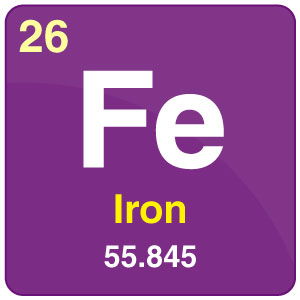By Caitlin Piper
I was introduced to pyramid schemes when I was 6 years old, after my father fed me a “cookie” that tasted like an unholy combination of a prune and a half-chewed granola bar.
After a bit of goading and a lot of whining, I managed to choke it down as he rattled off the many health benefits of what I had just eaten. It was from Nutrition for Life, he said, a company that would make us rich and keep us healthy.
A few days later, he pulled out a bottle of acid green, snot-like gel and squeezed some of it onto my palm. It was called Virahol, another product from Nutrition for Life, and it would kill any germs I had on my hands. From what I can recall, all it ever did was burn my nose and make my skin itch.
By the time I was 10, he had long since left Nutrition for Life, but for the rest of the household, it was as if he had never left at all.
As far as I was concerned, Nutrition for Life just changed its name every two or so years. MonaVie, Herbalife, Laminine, Xocai — different packaging, same supposed benefits, and my father trying his hardest to sell them all.
Only recently have I realized that my father has been caught in a cycle for almost 20 years. He discovers a “miracle” product, pays an inordinate amount of money for a tiny box of powder or gel packs, tries to make a decent profit off of it, and finds a new miracle product to endorse when things don’t turn out as planned.
He sincerely believes that these products are the key to perfect health, and has tried to get me to use them for everything from my depression to my cerebral palsy.
Disregarding how shockingly unregulated these things are, I’m pretty sure a product that could reverse the effects of in-utero brain damage would not need an army of recent high school graduates and bored retirees to sell well.
But at the end of the day, I can’t fault him for what he’s doing.
I know he means well and is just trying to provide for his family, but it’s both disturbing and depressing to watch him fall deeper and deeper into these schemes with every passing year.
Around campus, I see fliers for obvious pyramid schemes all the time. I usually have to stop myself from tearing them down and throwing them away. After witnessing what my father has gone through, I can’t bear the thought of someone else falling victim to these scams.
Pyramid schemes should not exist in this day and age. I only wish we could destroy them for good.







Eric Raskin • Dec 7, 2014 at 9:30 am
They are not scams , the problem is your father lacked the skills to win .
Douglas M. Brooks • Nov 18, 2014 at 2:56 pm
Congratulations on a well written, compelling post. I have been representing victims of deceptive MLM scams for over 20 years, and am a critic of the MLM industry. Your story about your father sounds like many I have heard over the years – it is a phenomenon sometimes referred to as being an “MLM junkie.” When I first litigated MLM cases I focused only on the economic aspects of the supposed opportunity, much as if I were evaluating a franchise or other business opportunity for a client. Over the years, however, I have seen that participation in MLM causes not only financial hardship (the failure rate is over 99%), but often exacts a brutal psychological and emotional toll, harming relationships with friends and family as well as one’s self esteem. An international coalition of consumer advocates has filed a petition with the Federal Trade Commission to investigate the MLM industry and issue a regulation that would protect consumers from these predatory scams. http://mlmpetition.com/
Rogier van Vlissingen • Nov 13, 2014 at 4:05 pm
Right on… These days it’s Vemma on the college circuit, but it’s time for it to stop! https://www.youtube.com/watch?v=6U9u1wil-Ms